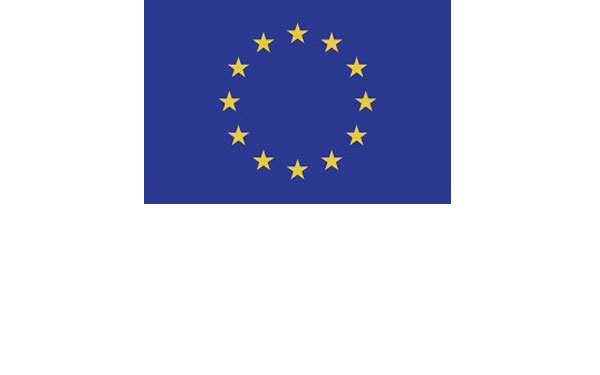BIOSURF
BIOmethane as SUstainable and Renewable Fuel
From 2015-2017, BIOSURF (BIOmethane as SUstainable and Renewable Fuel) worked with 11 partners from 7 countries (Austria, Belgium, France, Germany, Hungary, Italy and United Kingdom) to increase the production and use of biomethane (from animal waste, other waste materials and sustainable biomass) for injection into the natural gas grid and for use as transport fuel, by removing non-technical barriers and by paving the way towards a European biomethane market.
An EU-funded project under the Horizon 2020 programme for research, technological development and demonstration, the project increased the share of sustainable bioenergy in final energy consumption while looking at environmental impacts and encouraging public engagement. It boosted the volume of cross-border biomethane trade and developed better policy, market support and financial frameworks at the national, regional and local level.
The project analysed the value chain from production to use, based on the territorial, physical and economic features of different areas, such as biofuel for transport, electricity generation, and heating & cooling. It also analysed, compared and promoted biomethane registering, labelling, certification and trade practices in Europe, to favour cooperation among the different countries and cross border markets in the partner countries involved. It looked at traceability, environmental criteria and quality standards to reduce GHG emissions and indirect land-use change, to preserve biodiversity and to assess the energy and CO2 balance. Finally, it identified the most prominent drivers for CO2-emissions along the value chain in order to determine ways to optimise these in the future, and to exchange information and best practices all across Europe with regard to biomethane policy, regulations, support schemes and technical standards.
Benefitting a Wide Variety of Target Groups and Stakeholders
First and foremost, the BIOSURF project provided politicians at the regional, national and EU-level with valuable knowledge to support them in making informed decisions for better and more sustainable production and for the use of biomethane as a renewable energy source. It also helped inform organisations and interest groups that want to increase energy efficiency, such as associations/organisations (farmers’ associations, biogas associations); networks of municipalities, cities, and regions; public transport operators’ associations; networks of energy agencies; the European Commission; and the European Parliament.
The project supported existing and potential feedstock suppliers (farmers, as well as sewage, wastewater and municipal waste companies/authorities) by focusing on the provision of alternative feedstock from undisputed resources rather than from a competing food supply. In addition, it helped biogas/biomethane plant investors and producers, including private and public companies, public authorities, and groups of citizens. These producers and investors were provided with viable approaches for the setting up and running of biomethane plants. Energy distribution companies, such as owners/operators of gas grids and public/private filling operators for use in transport, were also important stakeholders, as they are responsible for getting supply from the production site to customers. Finally, the project served municipalities, cities, regions and interest groups who want to set up a biomethane supply chain in their region or who are responsible for permits for biomethane plant construction.
The FNR led the identification of sustainability criteria for biomethane, guidelines were developed by drawing the most important political framework in the European Union and in six BIOSURF-countries (Austria, France, Germany, Hungary, Italy and the U.K.). This work opened a dialogue on the complexity of sustainability, highlighting the values of socio-economic criteria for a better European future. Consequently, it was possible to identify both: the sustainability drivers and the gaps.
There were several reports produced, addressing various aspects and technical details of the biomethane single market. The major achievement of the project has been the creation, and support of the European Renewable Gas Registry (ERGaR), which is designed to be the cornerstone of the biomethane single market. In this regard, the impact of the BIOSURF project is unprecedented, compared to any other activity related to biomethane production and utilization.

BIOSURF received funding from the Horizon 2020 Framework Programme of the European Union for research, technological development and demonstration under Grant Agreement No 646533.

